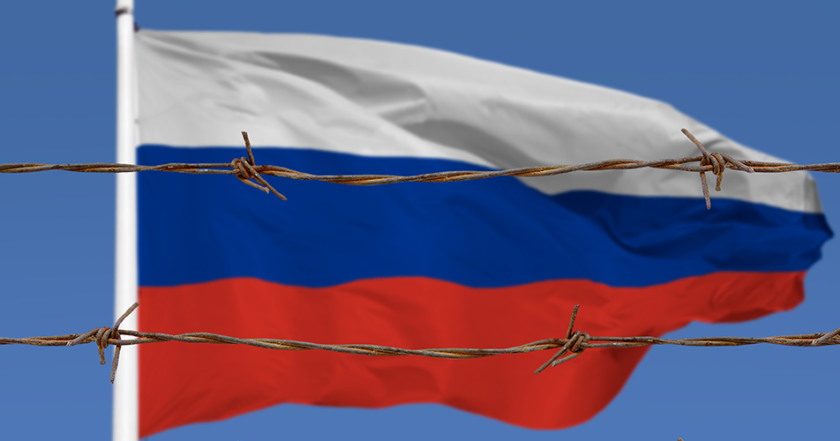Sanctions affected almost half of russian exports to EU — European Commission

The restrictions imposed by the European Union in response to russia's full-scale invasion of Ukraine affected more than 73 billion euros of russian exports to the EU or about 48%.
It was reported by the European Commission at the request of the German news agency DPA, EP reports with reference to Handelsblatt.
They remind that the EU has frozen the assets of russian sanctioned persons on its territory in the amount of about 13.8 billion euros. In addition, hundreds of billions of dollars of russia's Central Bank reserves are also unavailable.
"The available data show very clearly that the sanctions are working," said a senior European Commission official, adding that some impact of the restrictions on the russian economy is already there. Although, their effect will be more noticeable in the future.
According to EU estimates, this year, russia's production has already decreased by 10.4%, while in the EU, it is expected to grow by an average of 2.7%. In addition, polls indicate that russians are concerned about rising prices and forced austerity.
The European Commission predicts that the sanctions will force russia to change its economic model to a more autarkic one. But moscow will suffer from technology shortages and supply chain disruptions that will hamper domestic production, investment, and productivity growth.
In the EU, it is believed that the sanctions are already binding the russian defense industry: it is difficult to get cars, transport spare parts, and information technology. Some defense enterprises were forced to shut down due to the imported components shortage.
Separately, the European Commission emphasizes sanctions on energy carriers, reminding that they have not yet fully entered into force. For example, the russian coal import ban begins on August 10. The EU accounts for a quarter of its global exports from russia.
As for oil, it accounts for 45% of russia's national budget, so the restrictions affecting 90% of russian oil exports to the EU effective from the end of 2022 will also turn into "significant strategic problems" for moscow.
The European Commission recognizes that sanctions also affect the European economy. Thus, the EU expects steel and food prices to rise. In addition, the war in Ukraine disrupts supply chains and leads to an increase in social costs.
Read Rubryka's daily timeline of war: current news on Ukraine's defense against russia's aggression.





















































